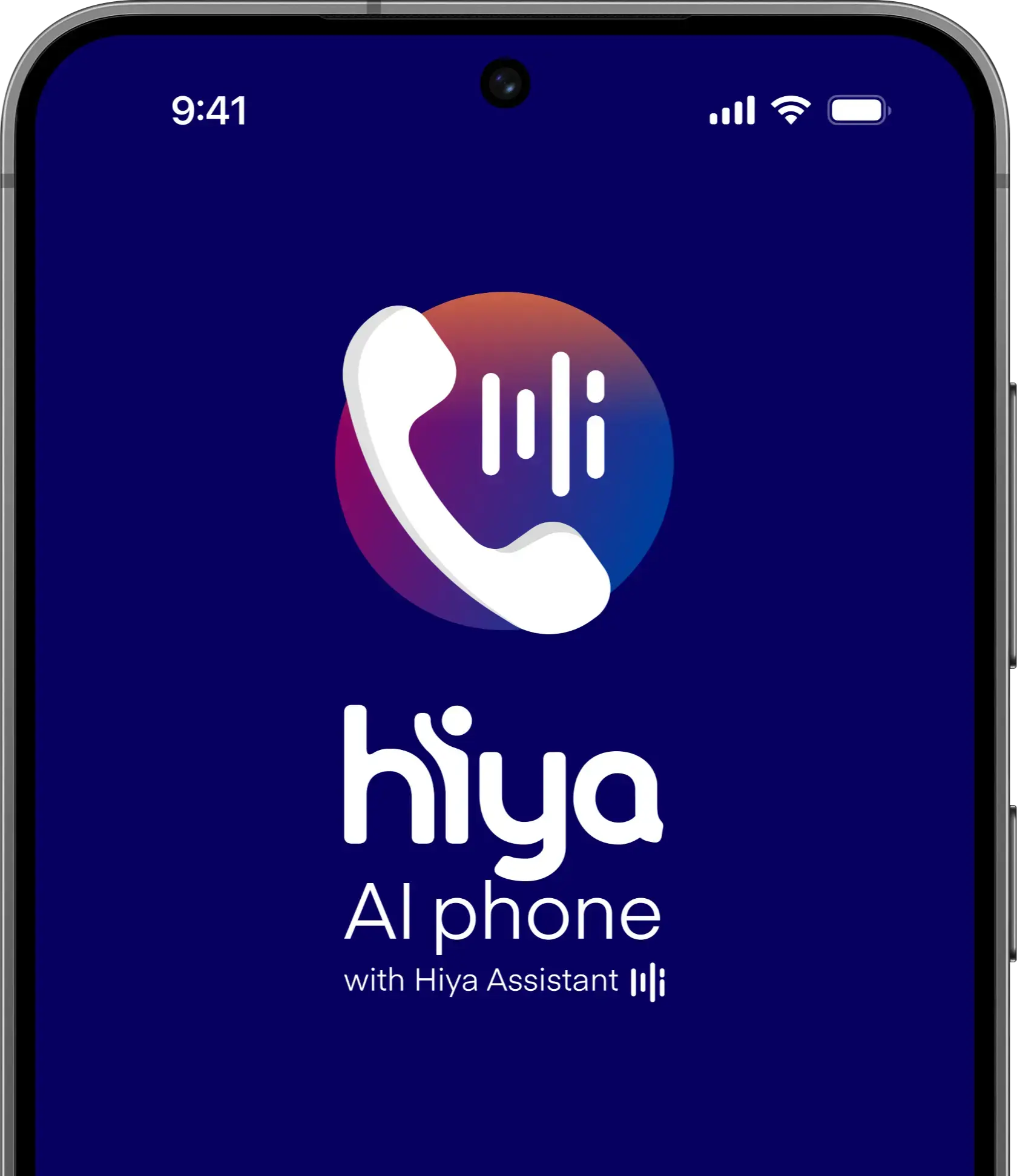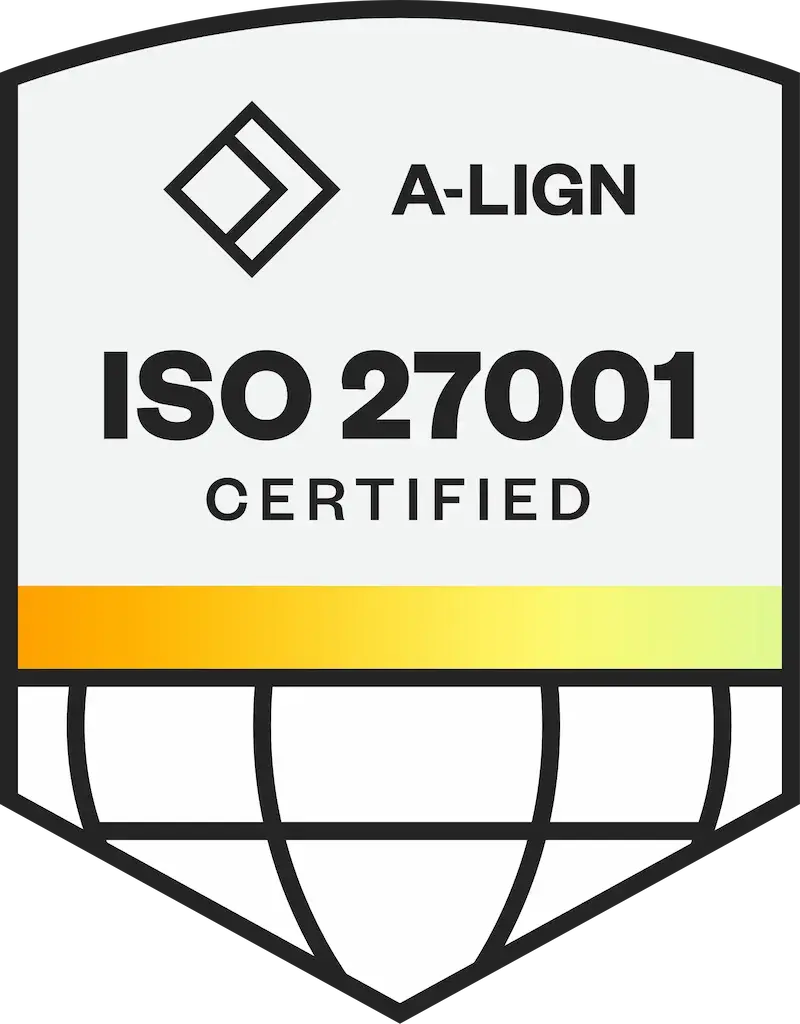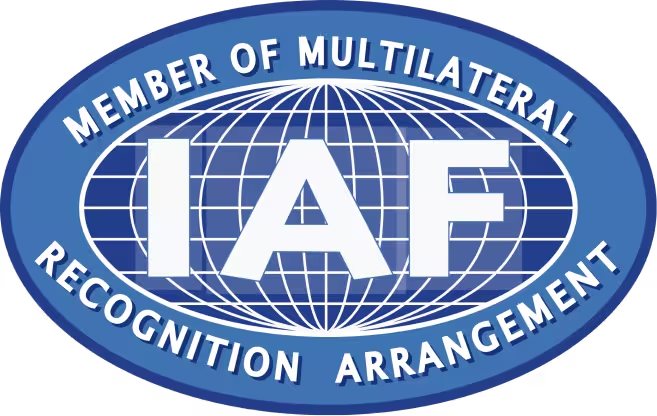
Peer-to-peer payment apps like Venmo, PayPal, Cash App and Zelle have made paying friends and family quick and easy. The problem is, those payment platforms also make stealing money quick and easy for scammers.
Payment platform apps have fewer consumer protections than credit cards and they’re less traceable than other forms of payment, so for scammers it’s like stealing cash.
Most common payment app phone scams
Hiya keeps track of phone scam campaigns, and payment app scams are certainly in the mix. Currently, the most reported payment app scam mentions Venmo, followed by PayPal, Zelle, and Cash App. Consumers using Hiya Protect via their carrier, device manufacturer, or the Hiya mobile app, have the ability to report the types of scam calls they receive. This information, along with many other data points, helps Hiya identify these calls so carriers can either block future calls or flag them as “potential fraud.”
Hiya users report that the most common payment app scams reference Venmo, PayPal, Zelle and Cash App.
Venmo scams
Venmo scams are currently the most common payment app scams reported to Hiya. In addition to reports by users, Hiya also identifies current scams through its honeypot: more than 100,000 Hiya-owned phone numbers used to record the exact wording of incoming scam calls. Here’s an example of a Venmo scam, from Hiya’s honeypot:
“I am the virtual assistant for Venmo and I am calling to inform you about an attempt to register a new account using your phone number. We want to confirm if it was you who requested this account. If it was not you, please press 1.”
If the call recipient presses 1 to get more information, it’s likely that they’ll be connected with a scammer who will try to “verify” the person’s Venmo account information and password in an effort to gain access to the account.
Venmo is aware of scams like this and even has a page on its website warning users of common scams on Venmo.
Another trick to watch out for, according to Venmo, is a caller asking the recipient to read back a verification code sent via text message. The code is part of a two-factor verification process and if the scammer knows the code, the scammer can access the account. This is what Venmo says the call may sound like:
"Good morning, sir. John here with Venmo Support. We have noticed some recent transactions on your account that appear to be unauthorized. Before we get started, I need to confirm that I am speaking with the owner of the account. I have just sent a verification code to your phone. For authentication purposes, can you please read me that code?”
PayPal scams
Although Venmo scams are currently the most common payment app scams, that has not always been the case. Up until May 2023, PayPal was the payment platform most commonly impersonated by phone scammers.
In May 2023, Venmo surpassed PayPal as the most-reported payment app scam.
Below are user reports that mention PayPal scams. It’s interesting to note that some of the PayPal scams will include both a call and a text message. Or, the recipient might receive a text or email first, with a phone number to call for more information.
“They keep calling saying PayPal password was trying to be changed and requested that I enter the code that was sent to my phone. Called multiple times. The number is close to PayPal fraud department but instead of 888 it's 878.”
“This fraud came through Gmail which thanked me for payment of a non-existent order through PayPal (I don't have or use the app). This was the second time this has happened. The first time, I was able to call and connect to this same number. He instructed me to go to the nearest Walmart and purchase a 500.00 gift card, at which time I hung up.”
“Calling as PayPal to reset password. Also sent a text code.”
“This man posed as an operator from PayPal. I gave him my personal info so he could help fix my issue. He emptied my bank accounts and had control of my computer.”
Zelle scams
Zelle is a little different from the other payment apps because the company that operates Zelle is owned by a consortium of major banks, including Bank of America, JPMorgan Chase, U.S. Bank, Wells Fargo, Truist, Capital One, and PNC Bank. According to the Zelle website, Zelle is available in the mobile banking apps of more than 2,100 financial institutions. It is available to users with a U.S. bank account.
Zelle scams seem to be similar to other payment app scams. Often they’re seeking account information or attempting to obtain a code to reset the Zelle password. Here’s what users are saying:
“Caller had my maiden name and an old address, stated a new Bank of America account had been opened under my old name and several large Zelles sent from it. Confirmed with BoA directly that no account had been opened. Scammer gave a call back number and tried hard to get me to repeat a case number.”
“Pretended to be Wells Fargo bank to assist in a fraudulent Zelle transaction. The number even comes up as Wells Fargo. Don’t give them any info. Call your bank yourself from a number you already have.”
“Zelle scam where they steal a Zelle account, send you money, then ask for it back, but to a different Zelle account. Eventually Zelle finds out the account was stolen and reverses the original amount.”
Last year, the office of Senator Elizabeth Warren released a report that details the extent of fraud where Zelle is used. The report says that the four banks that provided the data requested by Warren reported 197,878 cases of Zelle-payment scams involving more than $213 million in 2021 and the first half of 2022. You can read the full report here: Facilitating Fraud: How Consumers Defrauded on Zelle are Left High and Dry by the Banks that Created It.
Cash App scams
Cash App phone scams are not as common as the other three payment apps mentioned previously, but it too is being targeted by scammers. Here’s what users report about Cash App:
“Said there were issues with my Cash App account and it had been deactivated. I don't have or have never used that app.”
“Scammer trying to sell items to be delivered after a deposit through Cash App.”
“Spoofed phone number and phishing using Cash App trying to get money.”
How to fight back against Venmo, PayPal, Zelle and Cash App scams
How can carriers protect their subscribers from payment app scams? To start, carriers can remind their subscribers that they should never send money from a payment app to someone they don’t know. That’s why the apps are called “peer-to-peer” payment apps. The Federal Trade Commission offers further guidelines on how to avoid being scammed when using payment apps.
The best thing that a carrier can do to protect subscribers is to add a robust call protection solution such as Hiya Protect. Hiya Protect enables mobile network carriers to protect their subscribers by blocking fraud calls and labeling spam calls, and helping them discern wanted calls from unwanted calls. Using Adaptive AI technology, Hiya Protect analyzes past and present call patterns and responds to new threats as they emerge. Contact us for more information about Hiya Protect.
Individuals should contact their phone carrier to see if it offers call protection at the network level. If not, individuals can download the Hiya app.









